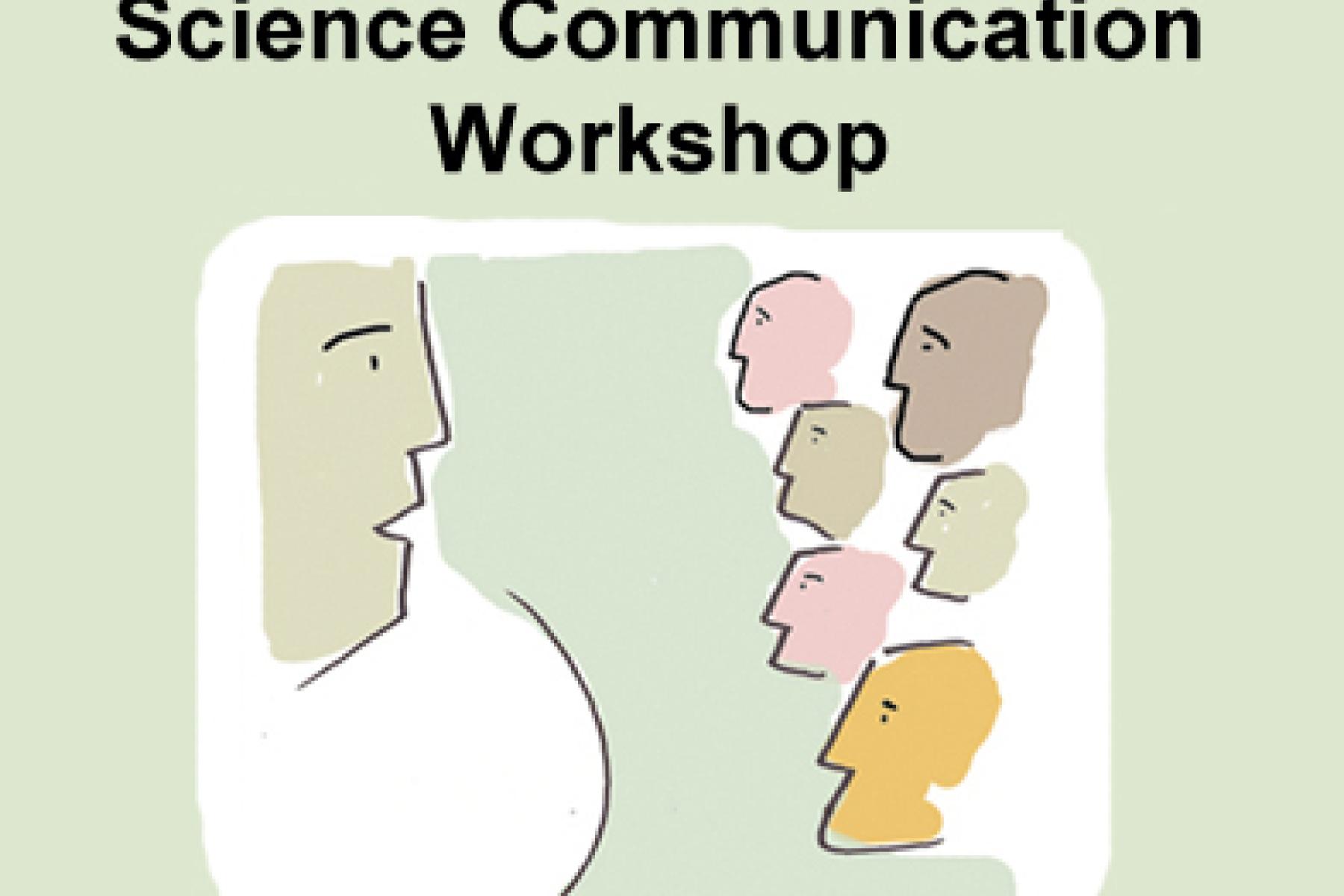DESCRIPTION
The REU Science Communication Workshop is designed to enhance the science communication skills of undergraduate students participating in research programs such as NSF's Research Experience for Undergraduates. The REU SCW has been implemented and evaluated quite successfully at more than 10 university campuses. This Guide offers program providers step-by-step planning and implementation instructions, hand-outs, media and print materials, evaluation tools, and sample workshop leader commentary. THIS IS THE VERSION 5.0 UPDATE. ALL ELEMENTS HAVE BEEN REVISED AND IMPROVED. Note:
DESCRIPTION
The REU Science Communication Workshop is designed to enhance the science communication skills of undergraduate students participating in research programs such as NSF's Research Experience for Undergraduates. The REU SCW has been implemented and evaluated quite successfully at more than 10 university campuses. This Guide offers program providers step-by-step planning and implementation instructions, hand-outs, media and print materials, evaluation tools, and sample workshop leader commentary. THIS IS THE VERSION 5.0 UPDATE. ALL ELEMENTS HAVE BEEN REVISED AND IMPROVED. Note:
TRAINING VIDEOS
OBJECTIVES
BIG IDEA
The REU Science Communication Workshop encourages undergraduate research participants to explore the broader context of their research, and it guides them in developing and practicing professional science communication skills. Students gain confidence presenting their research and speaking about science in a variety of settings. The Workshop is effective with students pursuing any topic of research, not simply nanoscience.
NANO CONTENT MAP
Scientists and engineers have formed the interdisciplinary field of nanotechnology by investigating properties and manipulating matter at the nanoscale.
Nanoscience, nanotechnology, and nanoengineering lead to new knowledge and innovations that weren't possible before.
Nanotechnologies—and their costs, utility, risks, and benefits—are closely interconnected with society and with our values.
Credits
Museum of Science, Boston
The REU SCW Workshops were developed by the Museum of Science with support from the NSF Center for High-rate Nanomanufacturing (NSF EEC-0425826 & 08327785 ) headquartered at Northeastern University, the Mass Tech Collaborative, and the NSF Nanoscale Science and Engineering Center headquartered at Harvard University (NSF PHY-0646094). Production of this Guide and dissemination of the REU SCW have been supported by the NISE Network with funding from the National Science Foundation under Award Numbers 0532536 and 0940143. Any opinions, findings, and conclusions or recommendations expressed in this product are those of the authors and do not necessarily reflect the views of the Foundation.
Creative Commons Attribution Non-Commercial Share Alike 3.0 United States (CC BY-NC-SA 3.0 US).
View more details

NISE Network products are developed through an iterative collaborative process that includes scientific review, peer review, and visitor evaluation in accordance with an inclusive audiences approach. Products are designed to be easily edited and adapted for different audiences under a Creative Commons Attribution Non-Commercial Share Alike license. To learn more, visit our Development Process page.

